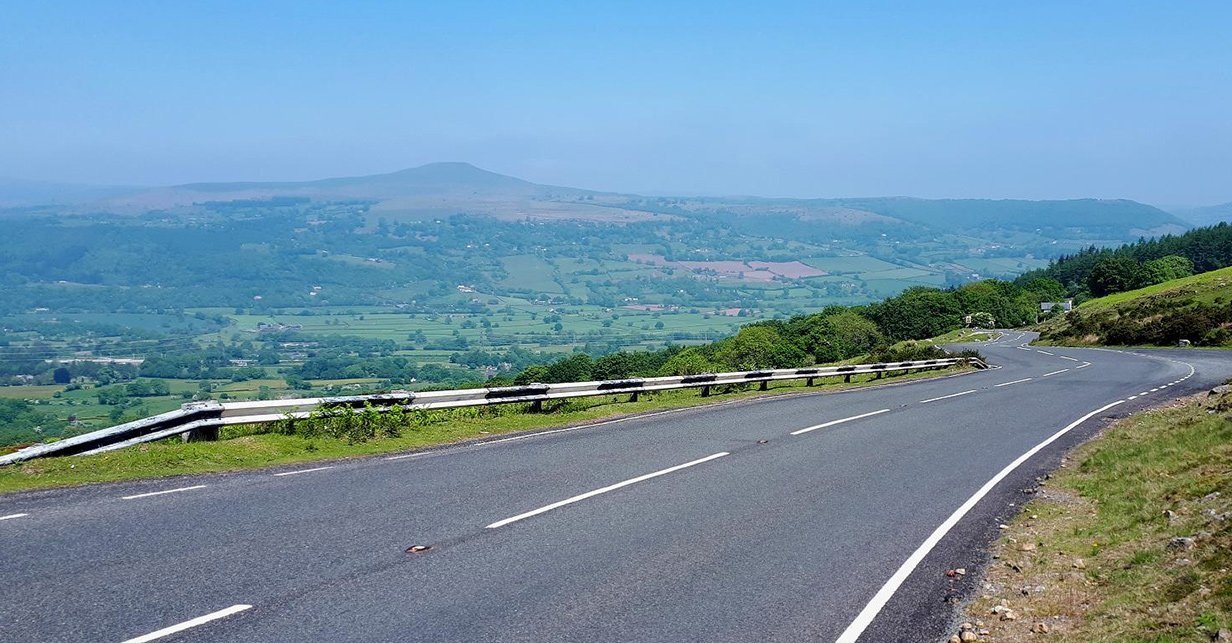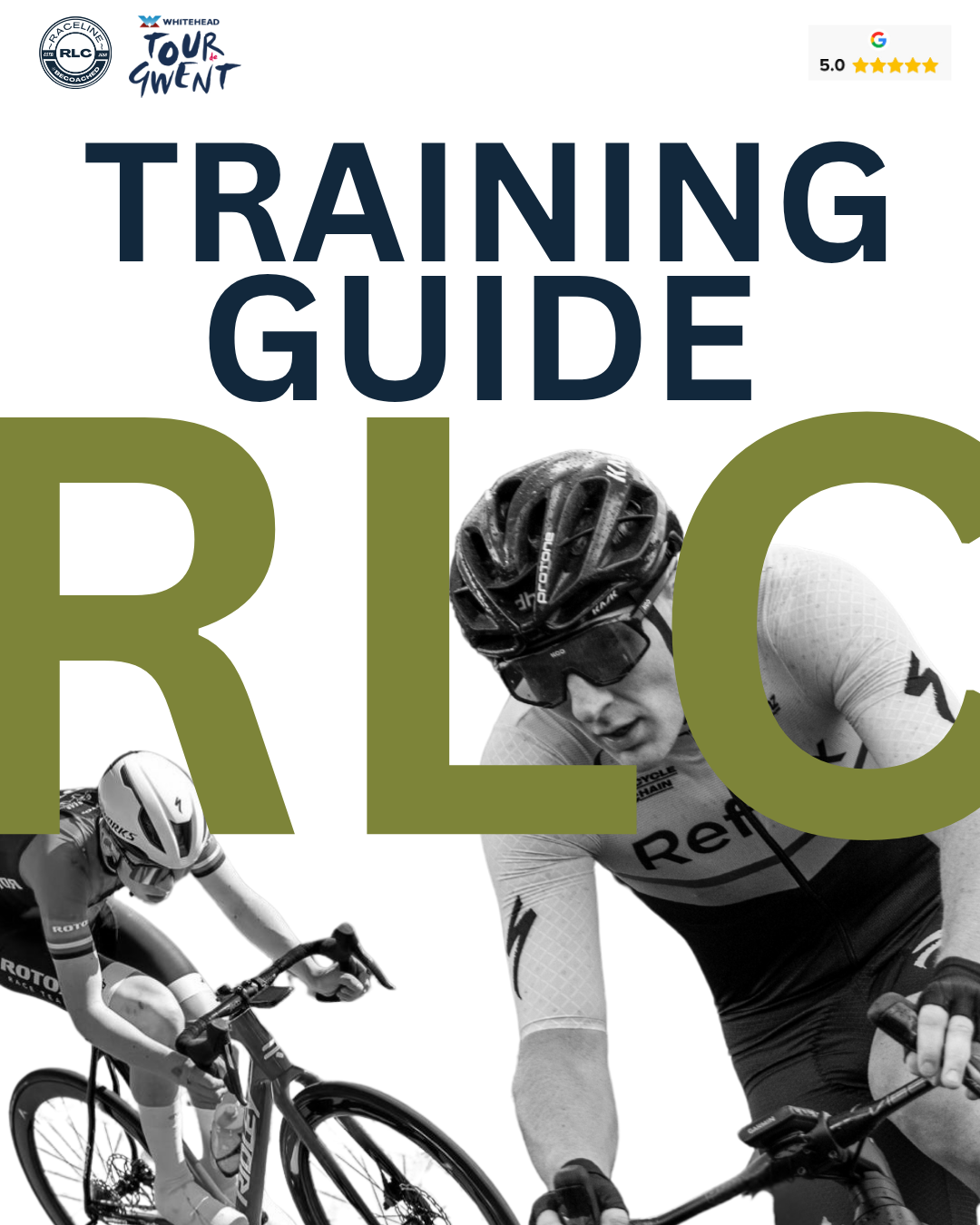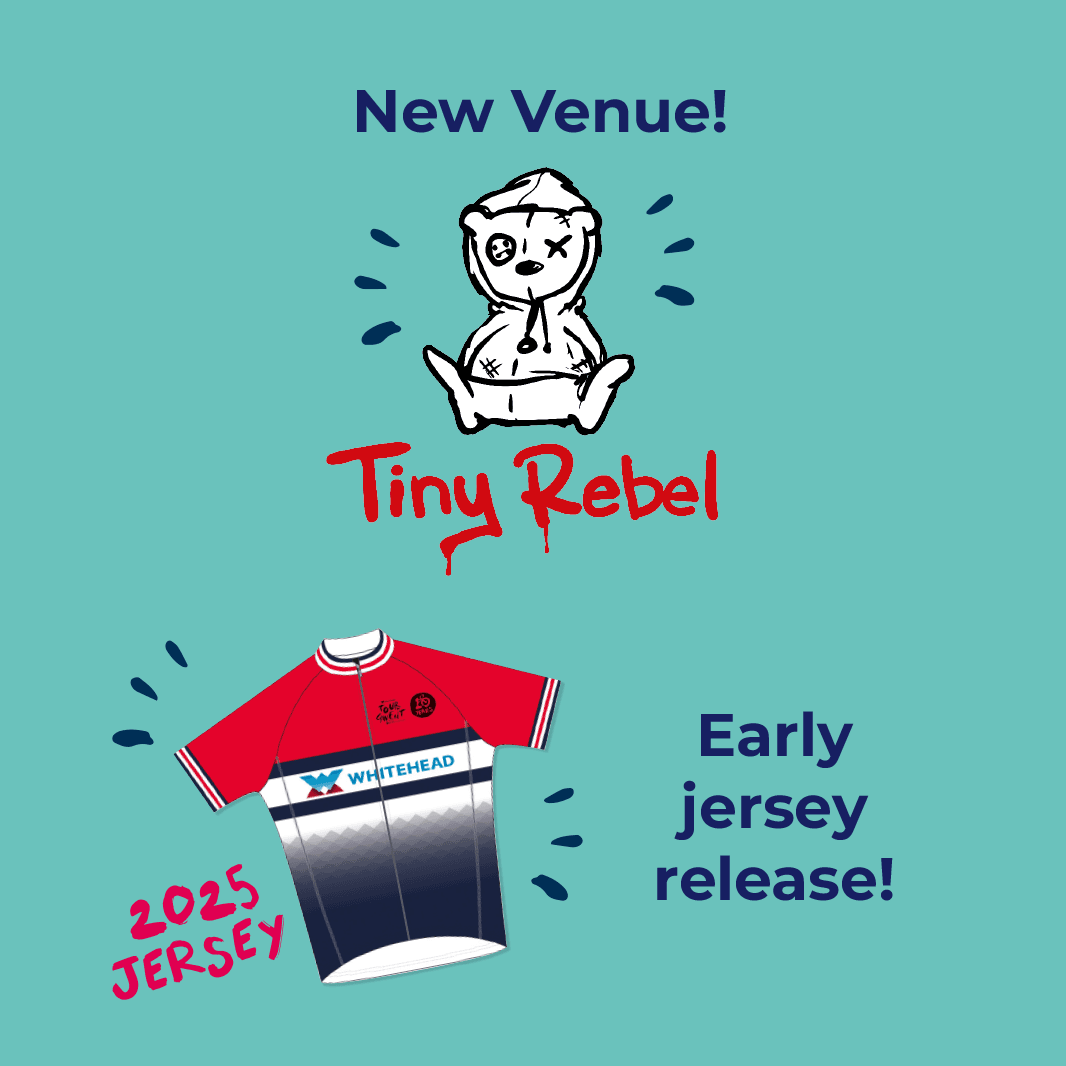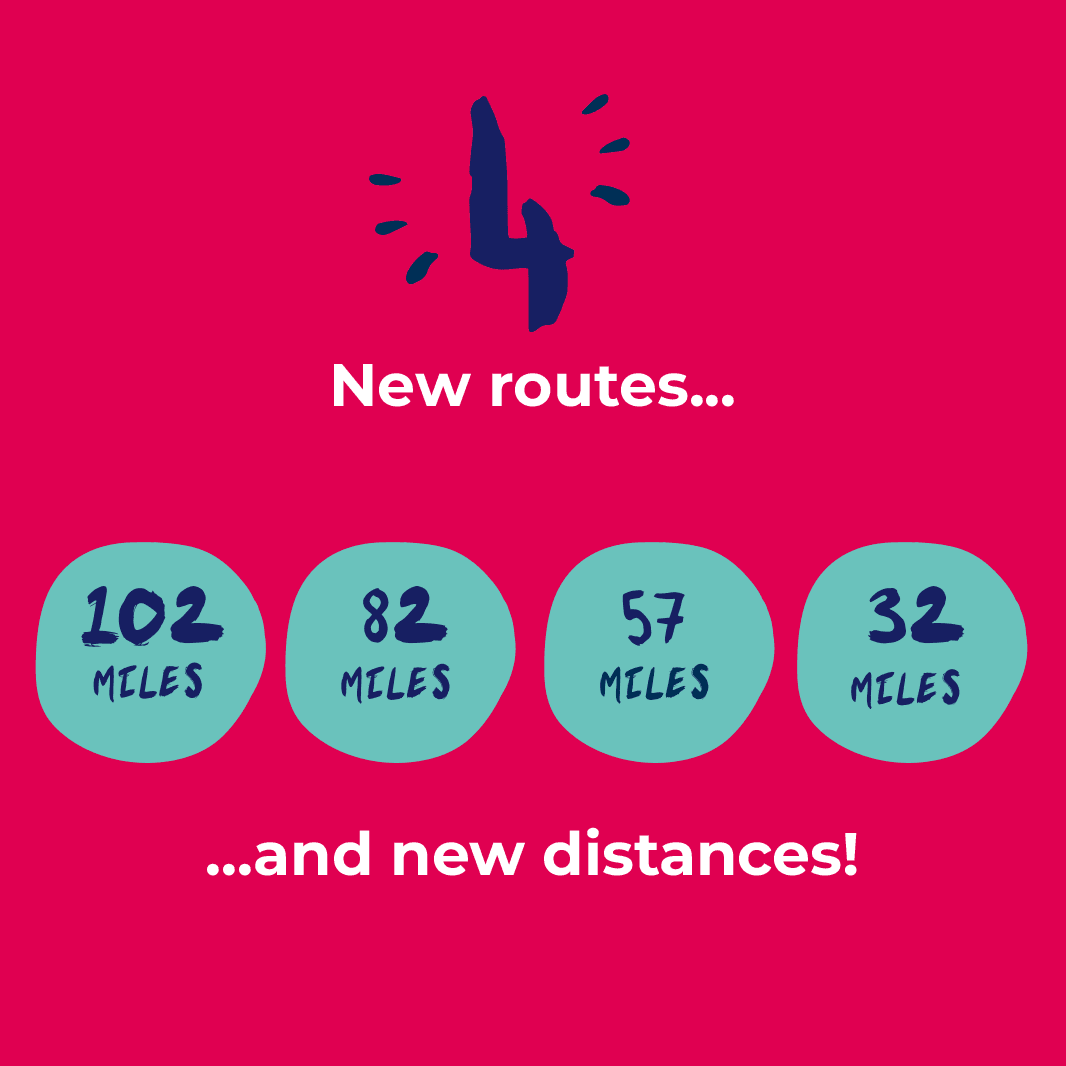
RaceLine Official Training Partner
Want to crush the Tour de Gwent? This guide shares effective training strategies to boost your fitness in the weeks leading up to the event. From building endurance to improving power and recovery, learn how to train smarter and get race-ready so you can tackle every mile with confidence. Let’s take on this challenge together
Raceline Coaching x Tour de Gwent: The Official Training Guide
Want to crush the Tour de Gwent? Whether you’re aiming for the 32-mile Bronze route or the 93-mile Platinum challenge (including the iconic Tumble climb), structured training is the key to riding strong, staying comfortable, and enjoying every mile.
As the Official Training Partner of the Tour de Gwent, Raceline Coaching is here to help you train smarter not just harder. This guide will walk you through building endurance, improving power, managing recovery, and practical tips to get you race-ready.
About the Tour de Gwent
South Wales’ premier cycling event, the Whitehead Tour de Gwent, offers four thoughtfully designed routes: Every pedal stroke supports the vital work of St David’s Hospice Care.
Why Train for It?
Even the shortest route can challenge unprepared legs. Training helps you:
Build the endurance for long hours in the saddle
Climb more efficiently
Improve pacing and energy management
Reduce risk of injury
Feel confident on the day
A smart plan doesn’t just make you faster—it makes the ride more enjoyable.
1. Building Endurance
Long rides are the foundation of sportive success.
Key Principles
Increase weekly long ride distance gradually (no more than 10–20% per week)
Include at least one long ride of 60–80% of your target event distance before the big day
Train at Zone 2 (steady, conversational pace) for aerobic conditioning
Example Week for Bronze/Silver Rider
Tues: 1–1.5 hr endurance ride (Zone 2)
Thurs: Intervals or hills (see below)
Weekend: 2–3 hr long ride, steady pace
2. Improving Climbing Power
Routes like the Gold and Platinum include serious elevation, especially the Tumble.
How to Train
Include dedicated climbing intervals on local hills or via indoor trainer workouts
Examples:
4 × 5 min at threshold effort (Zone 4) with equal recovery
8–12 min steady climbs at sweet spot (88–94% of FTP)
3. Sweet Spot and Threshold Work
Develop sustainable power for rolling terrain and longer efforts.
Session TypeExample WorkoutSweet Spot2 × 20 min at 88–94% FTP with 5 min easy betweenThreshold3 × 10 min at 95–105% FTP with 5 min recovery
Do 1–2 of these sessions weekly for optimal adaptations.
4. VO2max Intervals (Optional)
For experienced riders wanting to push their limits.
4–6 × 3–5 min at ~110–120% FTP
Full recovery between intervals
Great for powering up steep climbs or making decisive efforts.
5. Recovery Matters
Adaptation happens when you rest.
Include at least 1–2 rest days per week
Reduce intensity in recovery weeks every 3–4 weeks
Prioritise sleep, nutrition, and hydration
6. Pacing Practice
Don’t just ride hard—learn to pace.
Use long rides to practice holding steady effort
Familiarise yourself with perceived exertion or power/HR zones
Aim for even pacing on climbs instead of surging
7. Group Riding Skills
Many Tour de Gwent riders will ride in groups.
Practice safe drafting
Learn smooth braking and cornering
Communicate clearly with hand signals and calls
Avoid sudden changes in pace
8. Indoor Training Tips
If Welsh weather keeps you inside:
Structured workouts on smart trainers are excellent for intervals
Simulate climbing workouts with increased resistance
Stay consistent through the winter and early spring
FAQs
Q: Do I need to train every day?
No. 3–5 rides per week is plenty with focused sessions.
Q: How long should my longest ride be?
Aim for at least 60–80% of event distance at similar intensity.
Q: What if I’m new to cycling?
Start with shorter, consistent rides and gradually increase time in the saddle.
Q: Can indoor training replace outdoor rides?
Yes, for intensity. But also do some long outdoor rides to prepare for real-world conditions.
Raceline Coaching Top Tips
Be consistent. Missed rides can’t be crammed in last minute.
Fuel and hydrate on training rides to practice race-day nutrition.
Don’t neglect recovery—adaptation depends on it.
Taper in the final week with reduced volume but maintain a bit of intensity.
Make sure your bike is well-serviced before the event.
Final Word
The Tour de Gwent isn’t just a ride it’s an experience that supports a vital cause. Whether you're a first-timer aiming for the Bronze or an experienced cyclist conquering the Platinum route, structured training helps you tackle every mile with confidence.
As the Official Training Partner of the Tour de Gwent, Raceline Coaching offers expert guidance, tailored training plans, and one-to-one support to help you ride at your best.
Let’s get you ready for your best Tour de Gwent yet. Get in touch to start your journey.

RaceLine Official Training Partner








